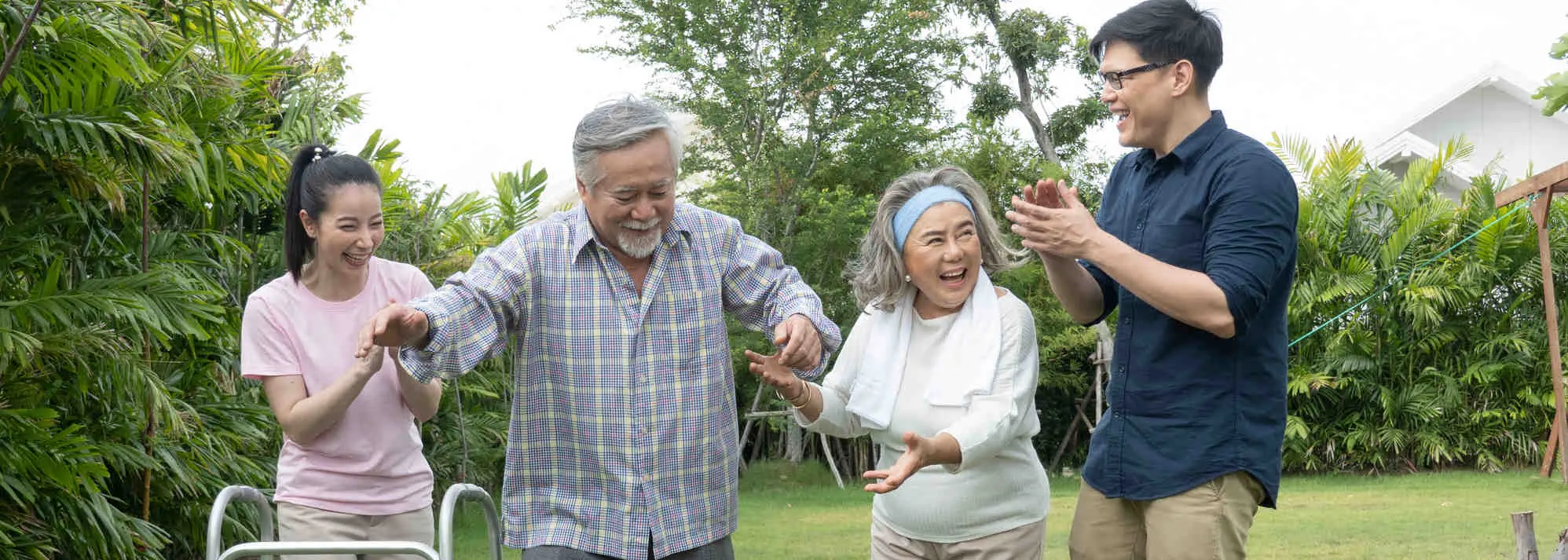Hip Bursitis is inflammation of a bursa that results in swelling, pain, and tenderness at the bursa.
A bursa is a small jelly-like sac that acts as a cushion between the bone and the overlying soft tissues to reduce friction between them.

There are two major bursae of the hip:trochanteric bursa and ischial bursa.
The trochanteric bursa is located on the outside of the hip between the greater trochanter of the femur (leg bone) and the gluteal muscles. Inflammation of trochanteric bursa is called trochanteric bursitis. It is a common cause of hip pain.
The ischial (ischiogluteal) bursa is located between the hamstring muscle and the ischial tuberosity of the pelvis in the buttock area. Ischial bursitis is a rare bursitis of the buttock region.
The other two bursae of the hip are: iliopsoas bursa and gluteal medius bursa.
The iliopsoas bursa is located in the groin area between the large psoas muscle and femur bone. Inflammation of iliopsoas bursa is called iliopsoas bursitis.
The gluteal medius bursa is located between the gluteus medius muscle and the greater trochanter. It is near the trochanteric bursa. Inflammation in the tendons of the gluteus medius muscle is called gluteus medius tendinopathy.
Hip bursitis symptoms
Hip bursitis causes
Hip bursitis diagnosis
Your doctor would first question your general health and symptoms before conducting a thorough physical examination.
Diagnosis is made based on your reported symptoms, physical examination, and investigations.
Imaging test such as an X-ray may be ordered so your doctor can rule out other causes of hip pain. Ultrasound or MRI might be used as well.
Blood tests or an analysis of fluid from the inflamed bursa may be done to determine the cause of joint inflammation and pain.
Hip bursitis treatment
Treatment depends on the specific location of the bursa, but the aim is to rest the bursa, decrease inflammation, and allow time for recovery.
Non-surgical treatment
Surgery
If the bursitis is persistent despite treatment, surgical excision of the bursa is possible.
Make an appointment at Gleneagles Hospitals
If you are experiencing any of the symptoms of hip bursitis, get in touch with us to find out more about our Orthopaedic Services at your nearest Gleneagles Hospital.
Gleneagles Hospital works with orthopaedic specialists to assist patients through diagnosis and treatment. The caring and multidisciplinary team of healthcare professionals are available for consultation and to provide the best care.

Wait a minute